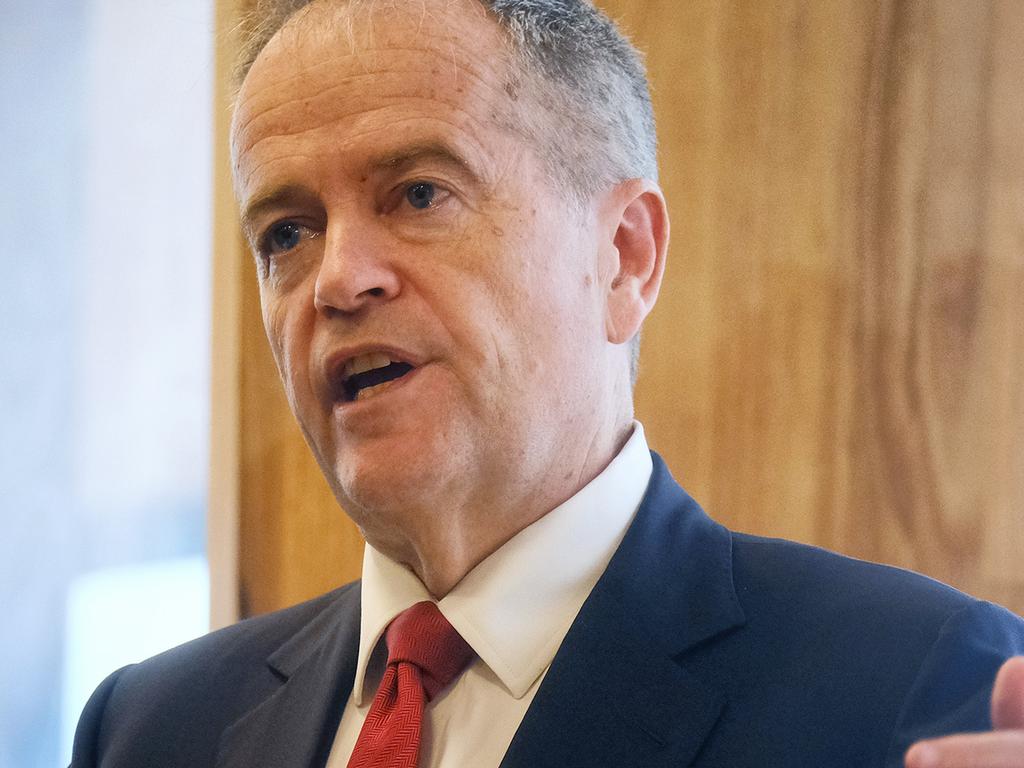
The Productivity Commission’s projections of the scheme’s fiscal consequences were scarcely credible; and the legislation establishing the scheme made a spending explosion a certainty.
None of that, I argued in a paper published by the Australian Economic Review, detracted from the merits of the NDIS’s underlying objectives. There was, on the contrary, a compelling case for a scheme that allowed people with disabilities to live in dignity.
It was, after all, reasonable to suppose individuals would want insurance against the catastrophic risk of being born with, or developing, a serious disability. Unfortunately, private markets could not and did not provide that insurance; doing so was a crucial responsibility of governments.
That our governments had failed to discharge that responsibility was a tragedy for the severely disabled and a stain on the nation’s conscience. The new scheme therefore had much to commend it; however, if it was to meet its objectives it had to be fiscally sustainable. Yet fiscal sustainability was fatally compromised by the legislation and its initial implementation, threatening the scheme’s ultimate viability.
Five defects stood out. There were, to begin with, no restrictions on eligibility being extended beyond severe disability – and the dangers that posed were starkly highlighted when Jenny Macklin, the minister for disability reform in the Gillard government, suddenly announced, with scant regard for the fiscal implications, that the new scheme would cover “most people with autism”.
Second, the legislation significantly limited the scheme’s ability to ensure its spending was cost-effective. Because the powers to review individual decisions were tightly circumscribed, the scheme seemed designed to dispense services without carefully testing whether they provided value for money, fund individual plans without rigorously examining their outlays, and accept the decisions of health professionals without subjecting them to independent, expert review.
Third, the guarantees the commonwealth gave the states capping their contribution to the scheme’s costs encouraged cost-shifting, while also making it inevitable the commonwealth’s share of NDIS spending would exceed the 50/50 split that was initially envisaged. (It currently stands at 67 per cent and is set to increase further.)
Fourth, the scheme was entirely demand-driven: if demand outstripped the levels consistent with its target budget, it was not outlays but the budget that would give way. In the absence of an effective ceiling on spending, the interests of taxpayers stood completely unprotected.
Fifth – and compounding every other problem – Labor, believing it would lose the next election, hardwired all those flaws into the scheme’s legislation, making it virtually impossible for a Coalition government to remedy the situation when the flaws began to bite.
That didn’t take long, as every forecast of cost growth was swamped by inexorable increases in claimant numbers and in outlays per claimant.
The NDIS’s autism program illustrates the pathologies at work. Severe autism is a rare condition, affecting less than 1 per cent of a birth cohort; but nearly 10 per cent of Australian children aged five to seven are now covered by the NDIS’s “early intervention” program.
That program’s premise was that “early intervention” would forestall any worsening in the condition’s severity, averting future cost increases. However, as a report by the Autism Cooperative Research Centre showed in 2021, there is no evidence the program achieves that effect; rather, the program mainly provides an extremely expensive, largely unregulated, form of childcare.
The unsurprising result is that participants remain on the NDIS indefinitely, graduating to ever costlier plans. Yet despite those findings, the program has stayed firmly in place, accommodating a still rapidly rising number of participants.
Lamentable as that may be, at least that program was independently evaluated – there is no sign of similar evaluations of others. Nor is there any testing of the various services the NDIS provides: of 61 major services, only one was ever made conditional on proper cost-effectiveness assessments and that requirement was subsequently removed.
To make things worse, the scheme does not even collect, much less properly analyse, objective information on outcomes; nor does it systematically benchmark the spending authorised by health professionals. And there is no equivalent in the NDIS to the periodic, third-party, cost reviews insurers universally demand.
Instead, when participants exceed their budgets, as they have every incentive to do, the budgets are almost always increased, with those quasi-automatic (“in plan”) increases largely accounting for the 15 to 20 per cent annual growth in spending per participant.
That gives service providers free rein to boost their revenues by continuously “up-selling” clients, triggering a spiral in which the increased budgets accorded to any one participant have a demonstration effect on the amounts demanded (and usually secured) by others.
The overall result is a morass in which there are inexplicable variations in outlays on similarly placed participants. Going by international standards, objectively ascertainable factors such as type and severity of disability, age and location ought to explain at least 60 per cent of the differences between individuals in the amounts expended; in the NDIS, they account for no more than 15 per cent of the person-to-person spending variations – and even less than that of the annual growth in expenditure.
What that means is that if the NDIS could impose best-practice cost controls, its outlays should decline by at least a quarter and only increase from there in line with inflation and population growth. Instead, the Parliamentary Budget Office expects it to be the most rapidly growing area of commonwealth spending over the period to 2031-32, at which time spending on the NDIS could overtake expenditure on defence.
It may well be that the Coalition should have done more to remedy the situation. What is certain is that Labor and the Greens stymied every effort to change the legislation so as to enable greater discipline to be placed on spending.
Whether Labor, having inherited the cost blowouts, will do a backflip remains to be seen. Bill Shorten, the Minister for the NDIS, recently commissioned a review of the scheme by Bruce Bonyhady, who was instrumental in its initial design. The fundamental test of his report’s credibility will be whether it acknowledges and addresses that design’s myriad errors.
“Politicians,” I wrote in 2013, “typically derive greater returns from announcing increases in eligibility for social programs than from actually delivering on the benefits they have promised: they capture the electoral gains from the former, while future governments bear the costs of the latter.”
Now those costs have come to roost. Labor created them; as a fiscal disaster looms, it needs the resolve to bring them under control.








In 2013, as the National Disability Insurance Scheme got under way, I warned that the lack of effective constraints on its costs created “major fiscal risks” that would haunt future budgets.